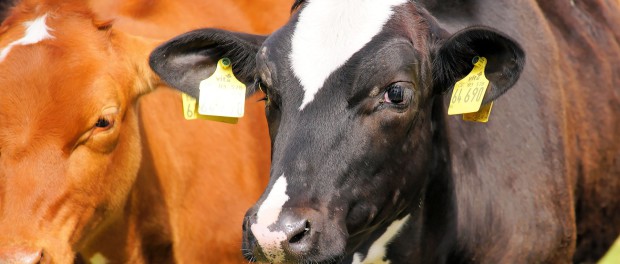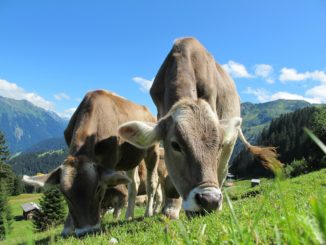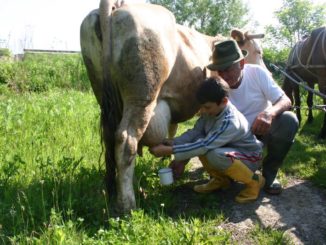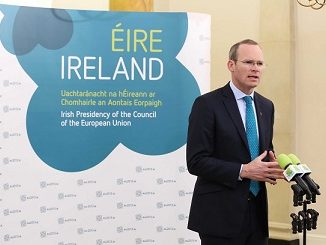 Farmer protests are spreading around Europe, with six roads blockaded in France, along with food trucks carrying imported produce turned back.
Farmer protests are spreading around Europe, with six roads blockaded in France, along with food trucks carrying imported produce turned back.
The UK is now seeing protests congest motorways there too. The A50 road protest has focused more on milk than the French protests. The UK’s largest farmer organisation the National Farmers’ Union (NFU), have not backed these occurrences.
A spark in the UK was a further milk price drop. Arla Foods amba, a co-operative owned by 3000 diary farmers, announced yet another cut in price paid, reducing the standard litre price to 23.01 pence per litre, or about 32 euro cents.
Dairy farmers are growing increasingly frustrated by the milk price crises. All across the EU, prices are plummeting.
In Ireland, the price is 10-12 cent lower than the same time in 2014, typically 28c per litre from some companies, with similar stories from Germany, Lithuania and elsewhere on the Continent.
“We should have learned our lesson by now, but we keep producing ever more milk, anticipating Russia and China to re-enter the market, whilst farm-gate milk prices drop and producers see themselves forced to give up their livelihoods” Kjartan Poulsen, Member of the European Milk Board (EMB) Board and president of LDM Denmark said earlier this month.
At a recent Council of Ministers meeting, EU Commissioner Phil Hogan said that he would “recommend the extension of existing public intervention and private storage aid measures past the end of September”, the Irish Farmers’ Journal reported.
The Commissioner cited the continuing Russian ban of agri-food exports from the EU as a contributing factor.
When queried about this suggestion, ARC2020 platform members the European Milk Board replied:
The EMB does not think that this will stabilise the market sufficiently. None of the measures changes the volume of production – which is the reason for low prices. We know that many stockages are already full, one day the products have to go back to the market, where they will lower the price even more. ‘Negative’ volume should not be produced. Crisis measures like a production cut would be necessary.
These measures now proposed have not prevented the market so far from going down, they will also not be the solution for the time after September.
In dairy producing countries like Ireland, the ending of milk quota on the 1st April was greeted with a party like atmosphere. In recent weeks however, frustration has increased, as farmers face into the reality of a plummeting price and rising debt.
The blame game has begun politically too. Independent Irish MEP Luke Ming Flanagan (GNU) laid the blame for over-hyping milk with Simon Coveney, Ireland’s Minister for Agriculture, Food and the Marine:
Presently world consumption for dairy products is increasing at 2% per annum and probably slowing due to economic factors, while production is increasing at 4% per annum and all major producing blocs have signalled their intent to increase production; this has been the case for several years now in the run-up to the removal of quotas.
In this climate then, for the Minister to be advocating and actively promoting a massive 50% increase in production without ever at any stage “stress testing” these plans against either a global price dip or an interest rate rise, or without factoring in the weakness of the Euro which makes our current exports more competitive on international markets, showed poor leadership and a lack of understanding of the market. What if there IS a price dip, or an interest rate rise, or if the Euro gains strength?
EMB Fair Milk Conference (May 2015)
Farmers For Action on the French and UK protests
Milk Crisis Series on ARC2020






3 Trackbacks / Pingbacks
Comments are closed.